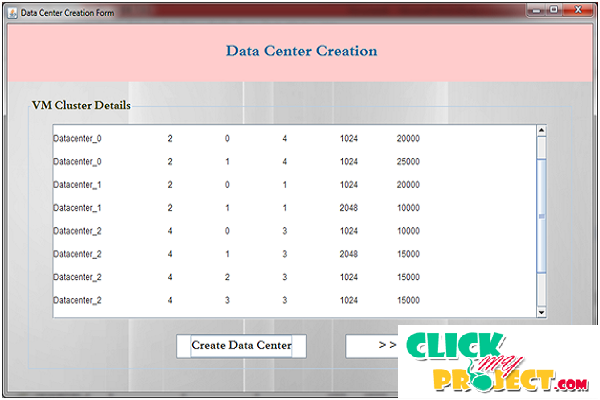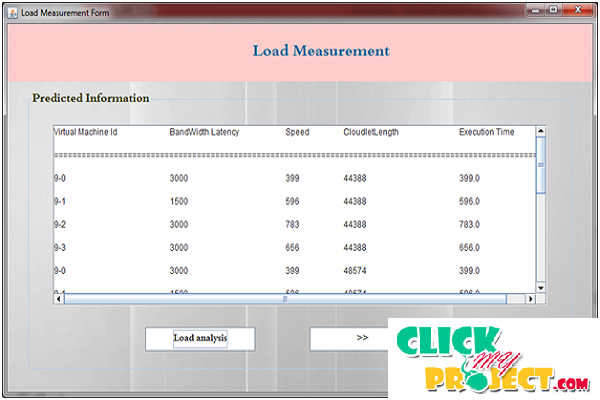Optimizing energy consumption with task consolidation in clouds
₹3,000.00
10000 in stock
SupportDescription
Cloud computing systems rent resources on demand, pay as you go basis, and multiplex many users on the same physical infrastructure. However the revenue of cloud computing is get affected by various factors such as QoS constraints, Energy consumption etc., Energy Aware Task Consolidation technique is used to allocate the tasks dynamically on virtual clusters which aims to minimize energy consumption. This is achieved by consolidating tasks on virtual clusters by keeping the CPU utilization below a peak threshold value of 70%. The task consolidation is done by using bestFit strategy. The revenue of cloud provider can be improved by increasing the profit yielded by the incoming task. The profit can be increased by allocating the task to the appropriate VM which executes the task with minimum cost and without violating the QOS constraints. Here we present , an energy-aware task consolidation (ETC) technique that minimizes energy consumption. ETC achieves this by restricting CPU use below a specified peak threshold. ETC does this by consolidating tasks amongst virtual clusters. In addition, the energy cost model considers network latency when a task migrates to another virtual cluster. To evaluate the performance of ETC we compare it against MaxUtil. MaxUtil is a recently developed greedy algorithm that aims to maximize cloud computing resources. The simulation results show that ETC can significantly reduce power consumption in a cloud system, with 17% improvement over MaxUtil.





